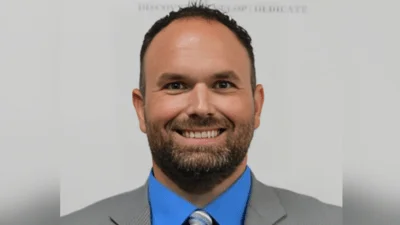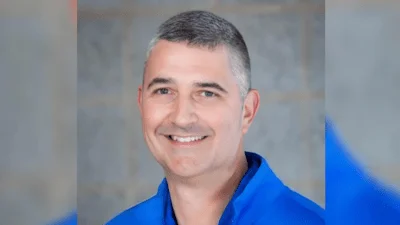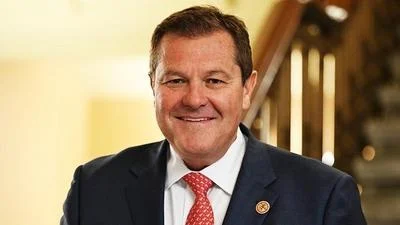Illinois taxpayers need to send a clear message to the General Assembly to work with the governor and tackle the state's trillions of dollars in unfunded pension liabilities, the president of a government advisory group said during a recent radio interview.
Bob Williams, president of State Budget Solutions, said during a recent edition of Illinois Rising that this message to lawmakers should be a demand. State Budget Solutions is a group with the stated mission of changing the way state and local governments do business.
"If you're a taxpayer in the state of Illinois, you need to demand that the Legislature go along with the governor and do pension reform," Williams said. "I mean, it's totally unsustainable. What's even worse than the state of Illinois is the city of Chicago and the public schools. The public schools are in a disaster right now, and nearly 90 cents out of every dollar in the increase in taxes over the last few years has gone to pensions rather than the schools."

Bob Williams, president of State Budget Solutions
| Contributed photo
Williams is one of the authors of an American Legislative Exchange Council report titled "Unaccountable and Unaffordable 2016," issued last month, which details Illinois' nearly $5.6 trillion in unfunded pension liabilities and compares the state's plight with other states. The report found that Illinois funds $28,200 per capita in unfunded pension liabilities, which amounts to more than $100,000 for a family of four.
"Currently, about 25 percent of the state budget is going to pensions," Williams said. "This is totally unsustainable."
The state's poor economic and tax climate is manifesting itself in a number of ways. The populations of most of the state's big cities, including Chicago, are shrinking, according to data released this year by the U.S. Census Bureau. Indiana officials are trying to take advantage of that outflow of Chicago-area residents, beckoning to would-be emigrants with the promise of lower home values and a slower pace of life, in addition to a fiscally sound state budget.
A recent Paul Simon Institute poll found that 47 percent of Illinoisans responding to the poll would like to leave the state, with taxes the top reason given for their desire to leave.
While turning all that around, something that will take years, Williams cautioned that there is one thing that should not be done. "The first thing to do is not demonize the public workers, which is a mistake a lot of legislators make," Williams said. "They attack the workers, but it's not the workers who have done it. It's the Legislature and the governors who've given these benefits in the past."
Illinois also would do well to consider the example set by Arizona and state Sen. Debbie Lesko (R-Sun City), Williams said. It was Lesko's efforts, working with police and fire unions, that ultimately led to an overhaul in public-safety pensions in that state, Williams said.
"Their pensions were totally of control," Williams said.
Williams cautioned that Arizona's solution didn't happen overnight, and that there was some initial pushback. However, once all sides in that state understood that the overhauls would be for new state employees, leaving current pensions untouched, the buy-in was practically universal, Williams said.
Such an approach could work in Illinois, Williams said.
"But, at the same time, give existing employees the option, and make sure you cut off the ballooning of pensions that's going on," Williams said.
Illinois isn't alone in dealing with ballooning pensions and spiking pay, the practice of raising workers' pay as they near retirement so that their pensions swell, Williams said as he pointed out there are states in the U.S. that provide bad examples.
"Particularly in California," Williams said. "We're seeing cases where retired employees get more in retirement than they ever earned as a full-time employee."






 Alerts Sign-up
Alerts Sign-up